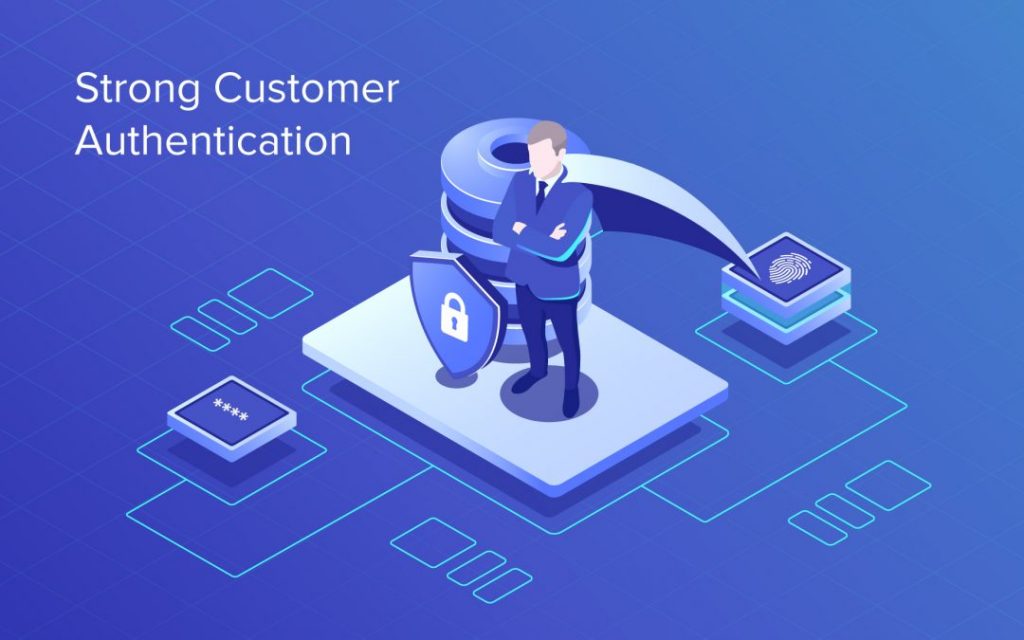For our customers in Europe, you may have been getting a few notices from your bank and credit card providers recently about new regulations that affect your online payments.
The regulations are commonly known as Strong Customer Authentication (or SCA as we’ll use throughout this article), and are part of the second Payment Services Directive (PSD2).
We mentioned online payments, but these directives impact much more. As far as Shield Security Pro is concerned however, the impact will be limited to your credit/debit card payments.
What is Strong Customer Authentication?
Simply put, SCA is about improving security for you when making payments online. It will help to reduce fraud and ensure that whoever is attempting to make a payment is using a payment method that they have permission to use.
It’s a bit like when you log into your online banking and they ask you for some extra information in an attempt to verify your identity.
Think of it as two-factor authentication for your credit card. This can only be a good thing.
Does SCA impact you?
The effect of SCA on you depends on where you’re based.
SCA primarily applies to European banks and citizens. The regulation doesn’t extend beyond that, though there are scenarios where it may impact you even if you’re not from Europe.
Banks are now obligated to, under certain circumstances, require further information from you at the time you make an online purchase for all Europeans.
The particular circumstances and their exemptions can cause some confusion, but suffice it to say – you may be asked for further information when you’re shopping online either as a European citizen, or with European vendors, such as ourselves.
What will change with your Shield Security Pro subscriptions?
It is our hope that very little will actually change for you.
We’ve done the necessary work to upgrade our payment process to ensure that we’re absolutely compliant with the latest regulations.
At the time of writing, we support 2 methods of payment: credit card, and PayPal.
We use PayPal Express checkout, which redirects to PayPal itself to let customers make the payment. In this case, the responsibility is on PayPal to ensure their processes are in-line with SCA – and they are (see the ‘hosted’ section).
In the case of credit cards, we use Stripe. With a few library updates and some changes under-the-hood, our checkout is now 100% compliant with SCA. The library update has also brought a neat improvement to the checkout so it’s even easier to re-use a credit card that associated with your account without having to type it in again.
Subscription Renewals and Failed Payments
A potential source of customer interruption is with the renewal of an existing subscription.
Since credit card details were provided before the introduction of SCA, and renewals will happen afterwards, there is the possibility that we’ll attempt a renewal and it’ll fail.
If you are affected by this scenario, all you need to do is log into your account and update your card details. Any further SCA requirements will be taken care of there and then, and future payments should continue uninterrupted.
This is, unfortunately, unavoidable, but we’ve provided all the necessary access you need in order to safely update your payment details as and when the need arises.
Questions or Concerns?
Wherever possible, we like to keep things as simple as possible and keep your journey with us uninterrupted. But every now and then some things come along that are beyond our control and have the potential to cause frustration and concern.
We hope that our outlining of SCA and what it means has helped clear up any concerns you have and that you will agree that SCA can only be a good thing for online security.
Of course, if you have any questions about any issues raised in this article, please drop us a message in the comments section below.
Thank you!


